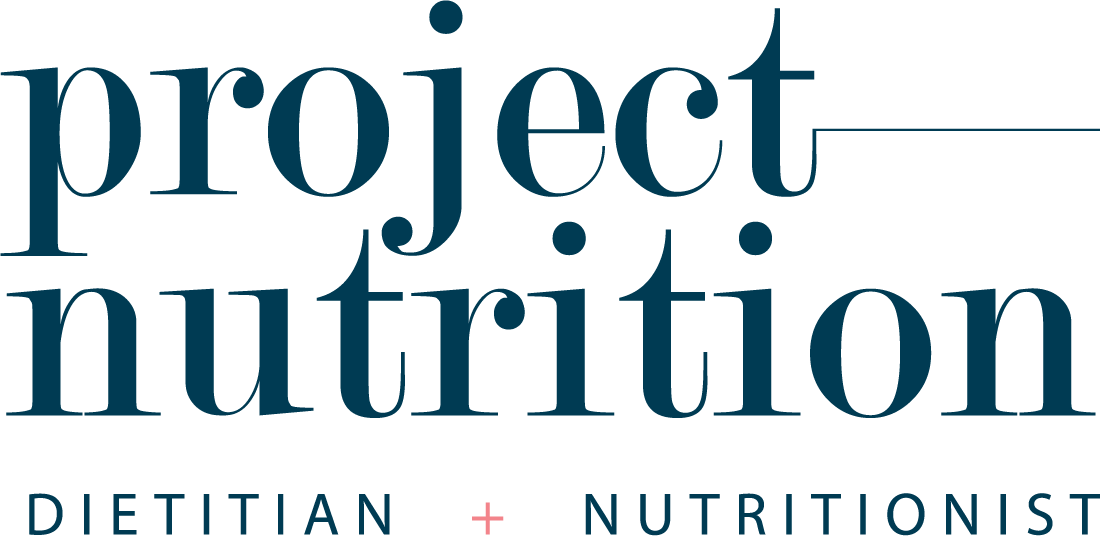Collagen's Potential Role in PCOS Management: What Science Says
Collagen plays a vital role in maintaining the structural integrity of our bodies and ensures the proper functioning of various tissues and organs.
Over the past 10 years collagen has become increasingly popular, especially for skin health, but can collagen help PCOS? In this blog post we will look at what collagen is & the role it may play in PCOS management.
Understanding Collagen Types and Functions:
Collagen is the most abundant protein in the body, making up 30 percent of our total protein mass. Collagen comes in various types, with twenty-nine types identified. The main forms of collagen are Type I, II, and III. Type I collagen holds a widespread presence in bones, ligaments, tendons, and skin, contributing to both strength and elasticity. Meanwhile, Type II collagen specializes in cartilage support, while Type III collagen, often found alongside Type I, plays a significant role in skin, blood vessels, and internal organs. The distinct roles of these collagen types underline their importance in maintaining the structural integrity of diverse tissues and organs, with imbalances or degradation leading to various consequences such as reduced skin elasticity and joint problems.
When it comes to our skin, collagen is a true hero. It imparts a plump appearance, enhances elasticity, and prevents sagging, contributing to a youthful complexion. Our bodies naturally produce collagen however this production dwindles as we age. A growing body of research is showing that hydrolysed collagen can benefit skin hydration & skin elasticity.
Listen to our podcast episode “Is Collagen Beneficial for PCOS” on Apple or Spotify
The Connection Between Collagen and PCOS:
While direct research on collagen's impact on Polycystic Ovary Syndrome (PCOS) is limited, indirect connections point to potential benefits. Studies indicate that women with PCOS often exhibit lower levels of glutathione, with one systematic review indicating glutathione levels may be reduced by up to 50% in women with PCOS compared to those without the condition. Levels of glutathione may also be reduced due to poor diet, environmental toxins & age. Glutathione has antioxidant effects in the body & also plays an import role in immune function & tissue building & repair.
Collagen is the second-best dietary source of glycine, an essential amino acid that is required for glutathione production. Ensuring that the body has adequate amounts of glycine. Insufficient glycine supply can lead to a reduction in the body's capacity to produce glutathione
As there are currently no studies that look at the direct impact that collagen intake has on glutathione levels in women with PCOS, we can’t say for certain if this will have an impact. More research is needed so watch this space!
Collagen's Potential For Metabolic Health
Emerging research offers exciting insights into collagen's potential influence on metabolic health, particularly in conditions like type 2 diabetes. Hydrolysed collagen, shows promise in improving insulin sensitivity, glucose levels, lipid profiles, and even reducing hypertension in individuals with type 2 diabetes. Many women with PCOS will also struggle with insulin resistance, high cholesterol, fatty liver & an increased risk of type 2 diabetes & cardiovascular disease. While the research is in its early stages, these findings highlight collagen's potential to contribute to optimal metabolic health.
Collagen goes beyond being a mere protein—it's a foundational element that supports our body's structure, skin health, and possibly even metabolic well-being. As science continues to uncover the intricacies of collagen's effects on conditions like PCOS and type 2 diabetes, we will have more information to be able to provide specific recommendations about utilising collagen to support PCOS management.
